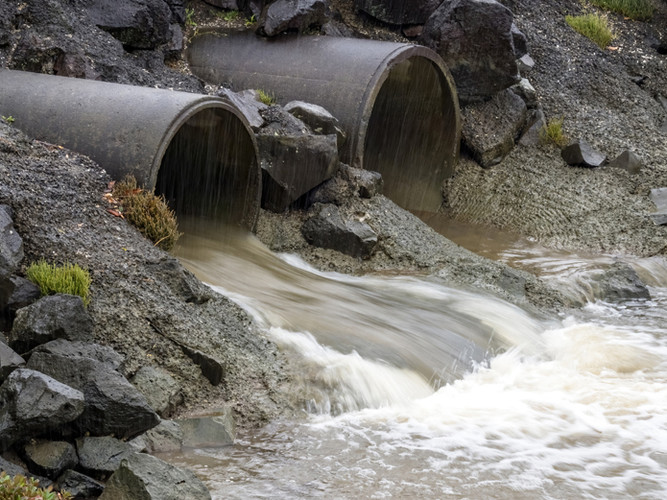12 Ways to Help Ensure Cleaner Water
Everything that goes down a drainage system eventually flows into the Earth’s waterways.
Avoiding littering or throwing trash directly into waterways are obvious ways to protect our planet. What many people don’t realize is that everything entering a drainage system also eventually flows into our rivers, lakes and oceans.
In recognition of August as National Water Quality Month, we are sharing a few tips and best practices to help keep leaves, debris and trash out of our drainage systems.
Following are 12 ways you can help keep our waterways clean and safe:
- When cleaning jobsites, residential driveways or yards, do not sweep or spray leaves and debris into the drains. Instead, sweep up debris, place it into biodegradable trash bags and dispose of the bags properly.
- Regularly remove leaves, trash and yard waste from curbs, gutters and nearby storm drains. Clear your gutters regularly, and replace deteriorated gutters to prevent rust and chemicals from entering our waterways.
- Use high-quality drainage solutions in yards and on commercial properties, such as emitters, drain filters, drainage mats or catch basin inserts, to keep out leaves, trash and rodents.
- Consider installing a rain garden or bioswale or planting native plants. Vegetation absorbs runoff and filters out pollutants before they reach storm drains.
- Pick up pet waste to keep bacteria and nutrients out of waterways, protecting both freshwater and saltwater marine life.
- To prevent chemical runoff, consider using only natural fertilizers and pesticides.
- Replace broken or rusty pipes in your home or yard. As pipes age, they can shed materials like concrete, plastic and chemicals, which can end up polluting nearby waterways.
- Do not dump motor oil, paint or chemicals down storm drains, and never throw trash into the drains.
- Never dump expired or unneeded medications into the toilet or wash them down the sink, these chemicals will pollute the waterways and can be toxic to plants and marine life.
- Consider switching to all-natural and biodegradable soaps, shampoos and cleaning products, as the chemicals from harsher products pollute waterways.
- Avoid overwatering lawns. The excess water can create unnecessary run off and carry fertilizers, pesticides and soil into storm drains, leading to sediment buildup.
- While on the job, contractors should use silt fences, sediment traps or similar solutions to prevent sediment, concrete and debris from entering into the drainage system.
At Drainage Solutions Inc. we offer tools and products designed to help control runoff and limit the spread of contaminants, making it easier for contractors and property owners to manage drainage efficiently and responsibly.
We are here to help with drainage solutions that make a difference.


